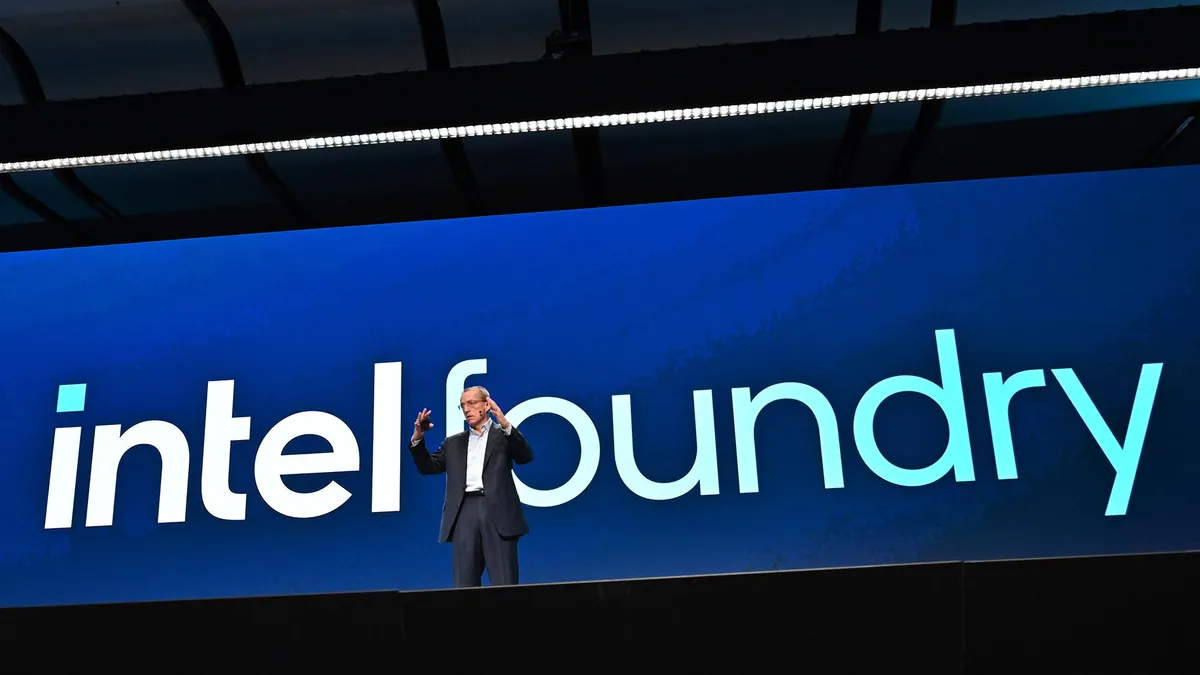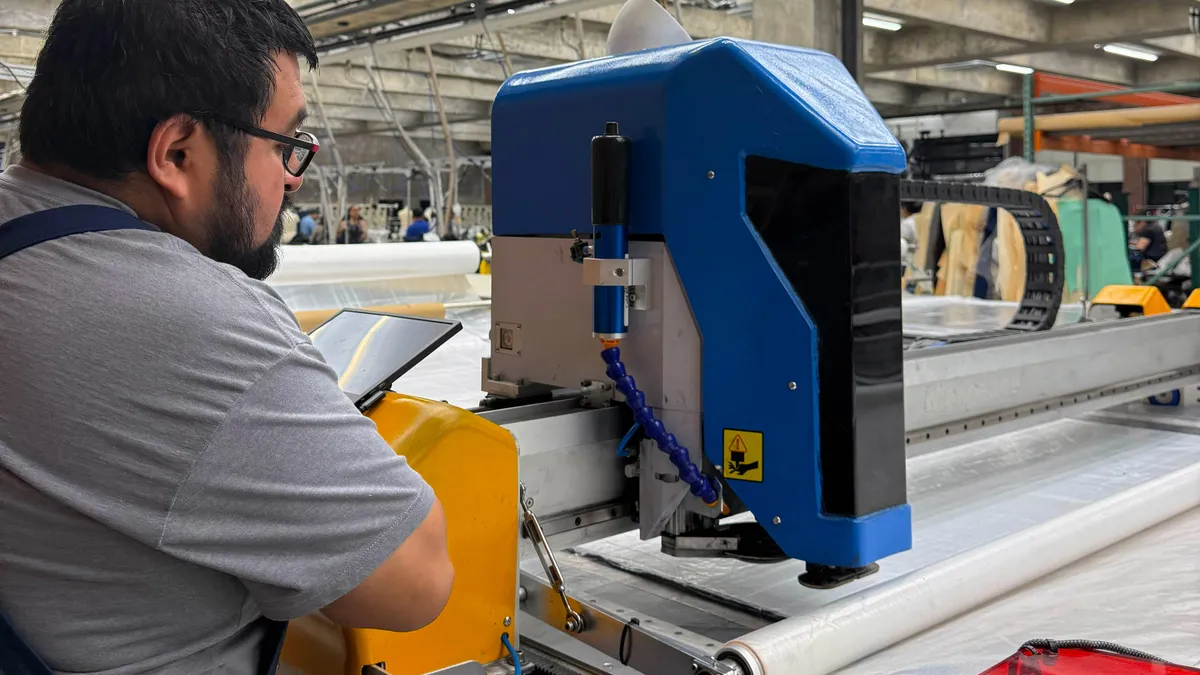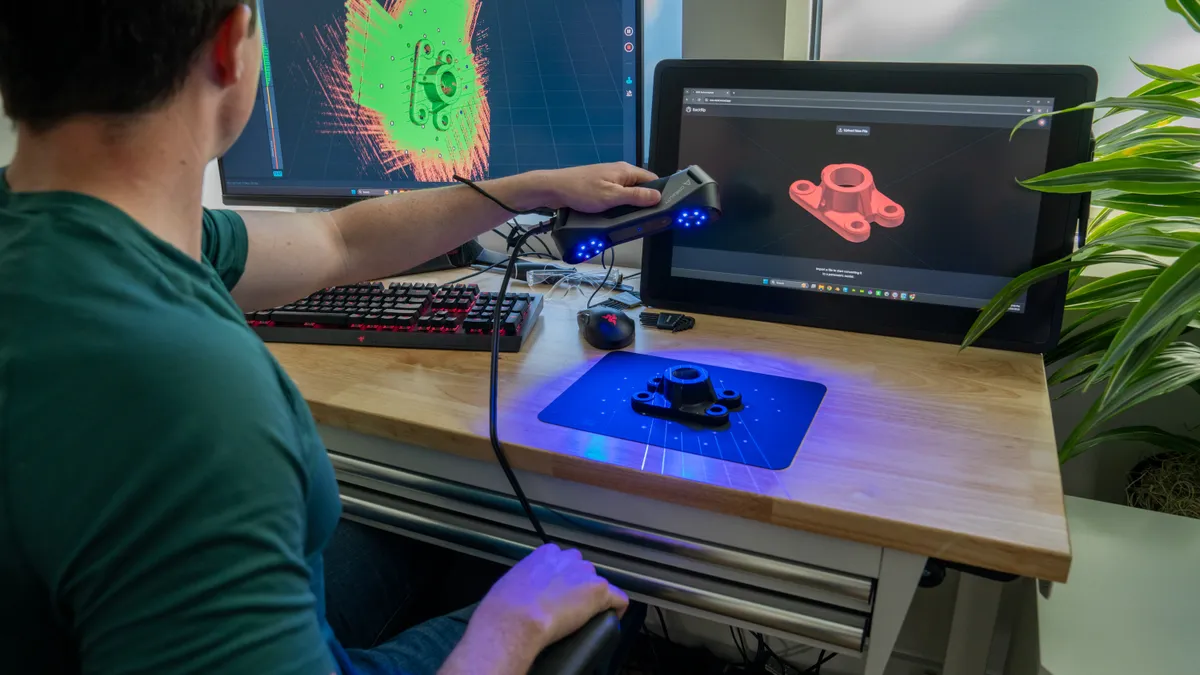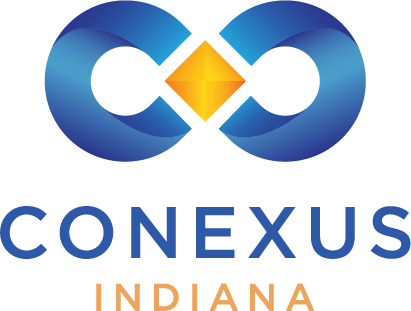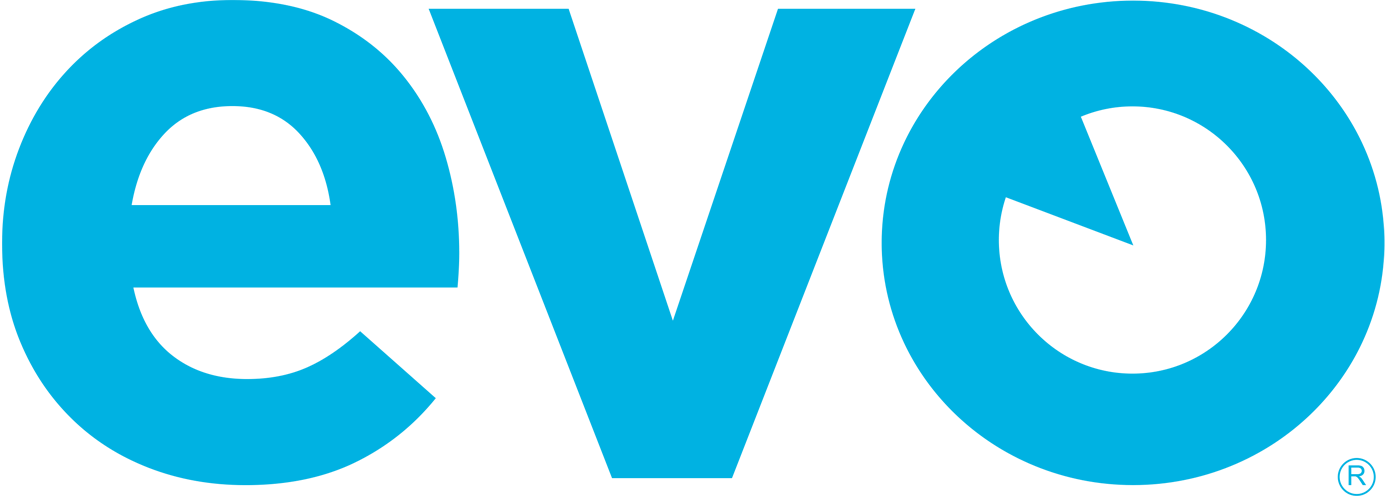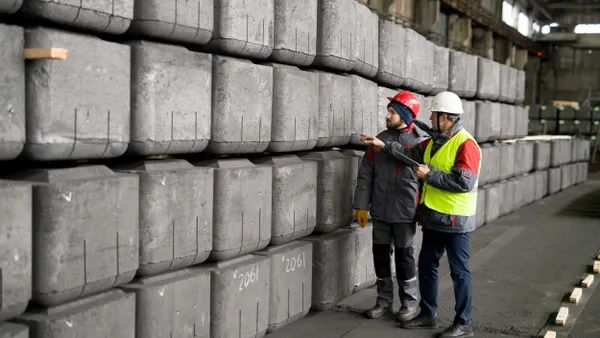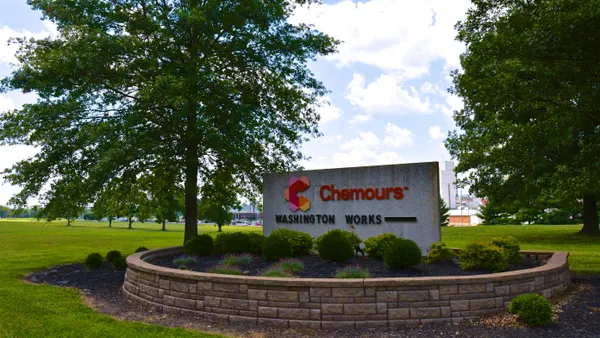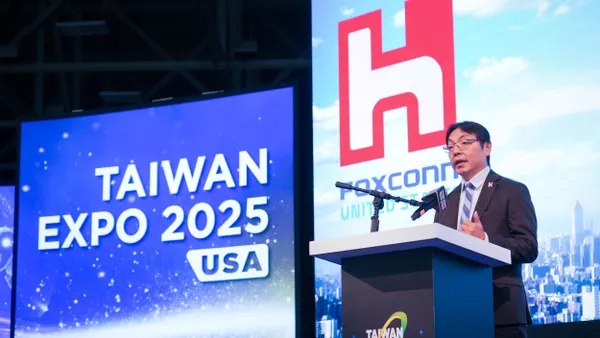Dive Brief:
- Microsoft will use Intel’s most advanced process node 18A technology to manufacture an upcoming chip that the software maker designed in-house, the two companies disclosed at Intel’s Foundry Direct Connect event on Feb. 21.
- While the companies have yet to identify the specific product the technology will be used in, Microsoft recently announced plans for two custom-designed chips: a computer processor and an artificial intelligence accelerator, the company stated in a November 2023 press release.
- The upcoming partnership is a key part of Intel’s goal to become the world’s second-largest foundry by 2030, behind Taiwan Semiconductor Manufacturing Co.
Dive Insight:
Microsoft is looking to build out the infrastructure to support growing demand for AI innovation. The software developer is "reimagining every aspect of our datacenters" to support the needs of its customers, according to the press release.
The new chips will roll out early next year to be used in Microsoft’s data centers.
“All of us at Microsoft are committed to supporting Intel’s efforts to build a strong supply chain right here in the United States. That’s why we are so excited to work with Intel Foundry Services, and why we have chosen a chip design that we plan to produce on Intel’s 18A process,” Microsoft CEO Satya Nadella said during remarks at the conference.
Meanwhile, Intel said it now expects $15 billion in foundry orders, up from the $10 billion the company had announced in January. The increased growth projection is due to several factors, including Intel's recent partnership with United Microelectronics Corp., several new advanced packaging customers, and now, the Microsoft deal, Intel CEO Pat Gelsinger said in a CNBC interview last month.
The chip giant has also been making strides building new fabrication plants all over the country. Intel is building an advanced semiconductor packaging facility in New Mexico, a $20 billion fab in Ohio and is expanding two plants in Arizona.
The semiconductor partnership news came shortly after Commerce Secretary Gina Raimondo reiterated the White House's promise to turn the nation into a semiconductor powerhouse by 2030.
“We think our investments in leading edge logic chips, leading edge logic chip manufacturing will put this country on track to produce roughly 20% of the world's leading edge logic chips by the end of the decade,” Raimondo said during a Feb. 23 speech.
Today, she said, U.S. fabricators make none of these chips.
While Intel will disclose its exact CHIPS and Science Act grant amount soon, Gelsinger said in the keynote, the chipmaker has said its projects in Arizona, New Mexico, Oregon and Ohio are being aided by the legislation.
During her remarks, Raimondo noted that of the 600 funding proposals the government has received so far, it will prioritize projects that will be operational by 2030. The Biden administration plans to announce additional grants in the coming months.
“Five years ago, if you were thinking of expanding in chips, the question was ‘Where in Asia do we expand?’ Now companies are saying they want in. They’re saying, ‘In what state in America should we expand? With what universities in America should we partner?’” she said.



